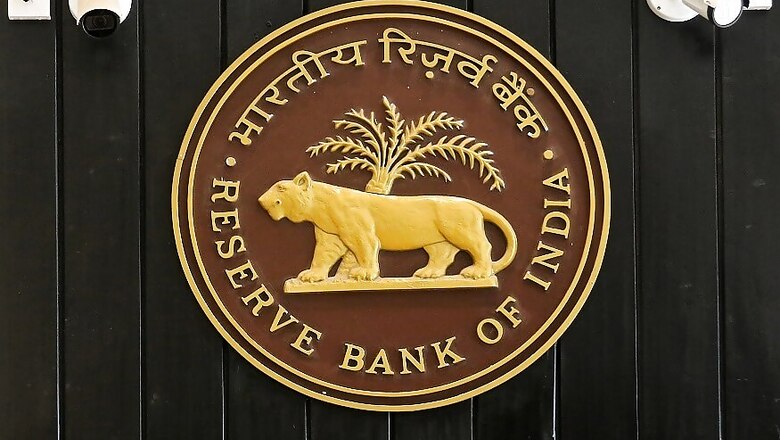
views
The Reserve Bank of India (RBI) on Thursday announced that it is removing all charges on money transfers done through the Real-Time Gross Settlement (RTGS) and the National Electronic Funds Transfer (NEFT) modes.
Till now, banks normally charged anywhere between Rs 30 and Rs 55 for a single RTGS transaction, while NEFT charges could go up to Rs 20.
Last month, RBI had extended RTGS timings from 4:30 pm to 6pm, with effect from 1 June. It had also announced that customers using RTGS during the time windows of 11am-1pm and 1pm-6pm will have to pay any additional fee of Rs 2 and Rs 5, respectively, over and above the fixed processing charge.
However, the central bank scrapped all such charges on Thursday and asked the banks to pass on the benefits to the customers soon.
“In order to provide an impetus to digital funds movement, it has been decided to do away with the charges levied by the Reserve Bank for transactions processed in the RTGS and NEFT systems. Banks will be required, in turn, to pass these benefits to their customers. Instructions to banks in this regard will be issued within a week,” the central bank said in a statement.
Currently, RBI levies minimum charges on banks for transactions routed through RTGS and NEFT systems. Banks, in turn, levy charges on their customers.
RTGS and NEFT mainly differ from each other on two fronts. One, there is no ceiling on the minimum or maximum amount that can be transferred through NEFT. You can even transfer Re 1. However, a minimum of Rs 2 lakh must be transferred through the RTGS service. Two, in RTGS, money transfer is immediate, whereas NEFT transactions are settled in hourly batches. It means that if you initiate a NEFT transfer after the settlement time of one batch, you have to wait for the next settlement time for the transaction to be processed.
RBI has also decided to set up a committee to review the charges levied on the usage of ATMs. "There have been persistent demands to change the ATM charges and fees," RBI noted. “In order to address these, it has been decided to set up a committee involving all stakeholders, under the chairmanship of the chief executive officer, Indian Banks' Association (IBA), to examine the entire gamut of ATM charges and fees.”
“The committee is expected to submit its recommendations within two months of its first meeting. The composition and terms of reference of the committee will be issued within a week,” it further added.










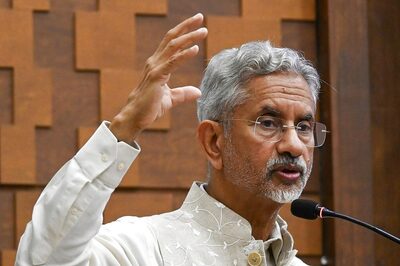
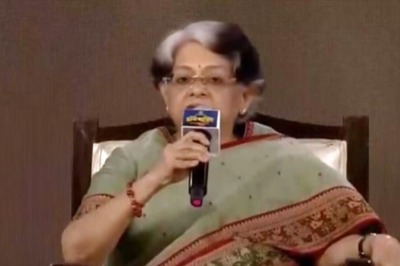


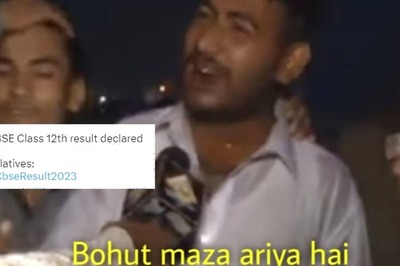
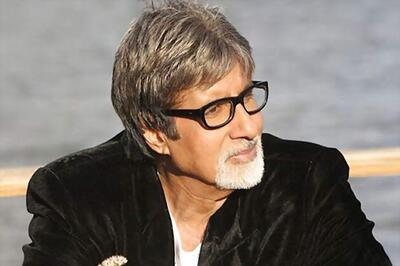


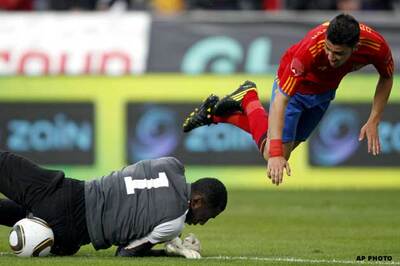

Comments
0 comment